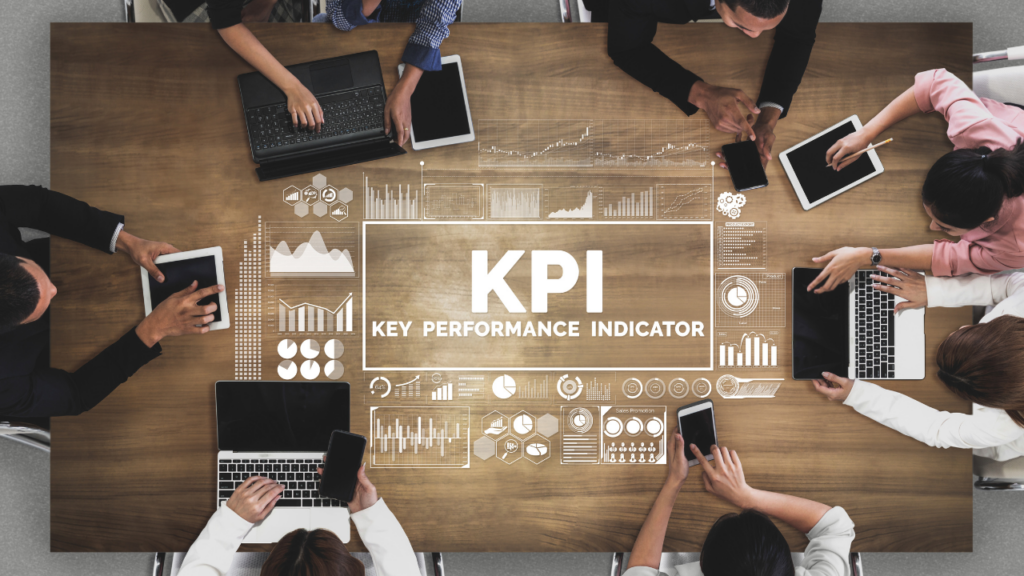
Key Performance Indicators (KPIs) can be the lifeblood of a business. These metrics help businesses identify areas in which they excel and opportunities for improvement. Businesses can gain insight into their operations and make informed decisions by leveraging KPIs.
Identifying Trends and Patterns
One of the primary benefits of using KPIs is that they help businesses to identify trends and patterns in their data. By monitoring specific KPIs over time, companies can determine if they are improving or declining in certain areas. This information can then be used to make informed decisions about where to allocate resources to improve performance.
Efficiency and KPIs
KPIs can also help businesses to identify areas of inefficiency within their operations. For example, monitoring the inventory turnover ratio (ITR) KPI can help a business identify whether it has excess inventory on hand. If the ITR is declining, it may indicate that the business needs to adjust its ordering practices to reduce excess inventory.
Tracking Goals with KPIs
Another important use of KPIs is in tracking progress toward specific goals. By setting measurable targets and monitoring progress towards those goals, businesses can stay on track and ensure that they are making progress toward their objectives. For example, if a business sets a revenue growth target of 10% per year, it can track its progress by monitoring its revenue growth KPI over time.
Early Detection with KPIs
Another important use of KPIs is in tracking progress toward specific goals. By setting measurable targets and monitoring progress towards those goals, businesses can stay on track and ensure that they are making progress toward their objectives. For example, if a business sets a revenue growth target of 10% per year, it can track its progress by monitoring its revenue growth KPI over time.
Identifying Improvement Opportunities
Another significant benefit of using KPIs is that they can help businesses identify improvement opportunities. By monitoring specific KPIs, companies can identify areas where their performance lags relative to industry benchmarks or competitors. This information can then be used to identify improvement opportunities and develop strategies to close the performance gap.
Evaluating Marketing and Sales Effectiveness
KPIs can also help businesses to evaluate the effectiveness of their marketing and sales efforts. For example, monitoring the conversion rate KPI can help a business identify whether it effectively converts prospects into customers. This information can then adjust marketing and sales strategies to improve the conversion rate and drive revenue growth.
Identifying Cost-Reduction Opportunities
Another use of KPIs is in identifying areas where cost-reduction opportunities exist. By monitoring specific KPIs related to costs, businesses can identify areas where they overspend relative to industry benchmarks or internal targets. This information can then be used to develop strategies for reducing costs and improving profitability.
Improving Employee Performance
KPIs can also identify areas where employee performance can be improved. For example, monitoring the employee turnover rate KPI can help a business identify whether it is experiencing high employee turnover. This information can then be used to identify the underlying issues and develop strategies to improve employee retention.
Staying Focused on Business Objectives
Finally, KPIs can help businesses to stay focused on what matters most. By selecting the right set of KPIs, companies can ensure that they monitor the metrics most directly linked to their business objectives. Focusing on the most critical metrics can help businesses stay on track and make informed decisions.
From identifying areas of improvement to tracking progress towards specific goals, KPIs are a valuable tool for any business looking to improve its operations and achieve its objectives. While selecting the right set of KPIs can be challenging, the benefits of effective KPI monitoring are well worth the effort. If your business is not yet leveraging KPIs, now is the time to start.
Stay Tuned for the 7 most important KPIs that any business can immediately put to work.
